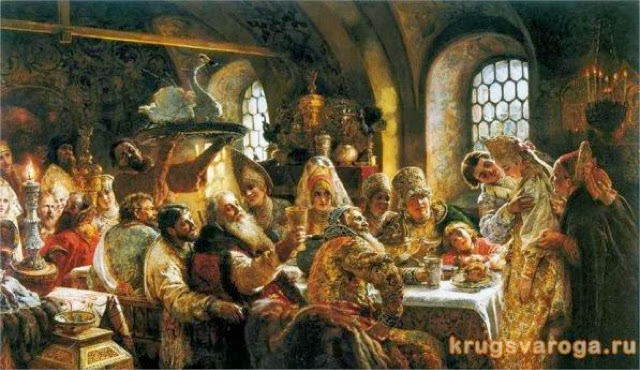A talk for a hospice 'Light up a Life' service
This is a very special time of year
But for those who have lost ones that
they love, it can be an extremely cruel and painful time of year.
It once was sweet, but it has now become
bitter.
We miss them more than ever; we feel our
loneliness most acutely; the world carries on as if nothing has changed, and
yet everything has changed; and Christmas time which was once so full is
empty.
So it is important to have this service
at this time of year. We are coming together because they do matter, to
remember them, to say thank you for them.
And it is good to hold these services in
Advent.
Advent is a time of waiting. During
Advent we remember how the Jewish people waited for God to send a king and a
ruler. The promise was first given to a man called Abraham 6000 years ago. It
was the promise that one day one of his descendants would establish God's reign
of justice and peace; that he would bring God and human beings together, so
that we could become friends of God, so that we would know God in the same way
that we know other people; and that he would finally and completely defeat
death.
It was a great promise.
But the experience of the people was very different.
Isaiah, in our first reading, is speaking to a people who have been ridiculed, defeated in battle and who are about to be taken to a foreign land as captives. They have seen their sons and fathers slaughtered in battle, and their wives and daughters sold into slavery. A shadow hangs over them. They are still alive, but they would rather be dead. All that they loved, all that they lived for, all that made life worthwhile, is no more. Their things, their people, their home and their land has been stripped from them. It was sweet but it has become bitter.
But the experience of the people was very different.
Isaiah, in our first reading, is speaking to a people who have been ridiculed, defeated in battle and who are about to be taken to a foreign land as captives. They have seen their sons and fathers slaughtered in battle, and their wives and daughters sold into slavery. A shadow hangs over them. They are still alive, but they would rather be dead. All that they loved, all that they lived for, all that made life worthwhile, is no more. Their things, their people, their home and their land has been stripped from them. It was sweet but it has become bitter.
But Isaiah speaks of hope. He reminds
these people of what God had promised many years earlier. He speaks of the
coming king, and he speaks here of the coming kingdom.
He talks of a time of feasting, of
abundance, a time when the covering or shadow of death is lifted from them, of
an end to suffering. 'The Lord God will wipe away every tear'. And he urges
them to believe this message, and to wait.
As those who grieve we live in the time
of Advent.
We have nothing left apart from a word
spoken by God.
We hold on to the message that Jesus has
defeated sin and death, and that those who die touching him may physically die,
but do not really die.
We hold on to the hope, and we wait for
that day when Jesus will return and will establish his kingdom and will finally
destroy death.
I doubt that Christmas will ever quite
be the same for you again. It was sweet; and even if you play the game, and put
out the decorations, it is for others and not for yourself. Because for you it
is now bitter.
My prayer for you is that during this
time of Advent, this time of waiting, you will know the kiss of God. It may
come through the care of those remarkable people in the hospice, or the love of
family or friends. It may come through something someone says to you, something
you hear or something you read. Or it may come completely unexpectedly: a
dream, a touch, a quiet conviction, a deep assurance.
It is the kiss which says that you
are beloved; that death is not the end; that this life is not what it is all
about, and that the best really is yet to come.
It is the kiss which turns that which is
bitter into that which is sweet.


Comments
Post a Comment